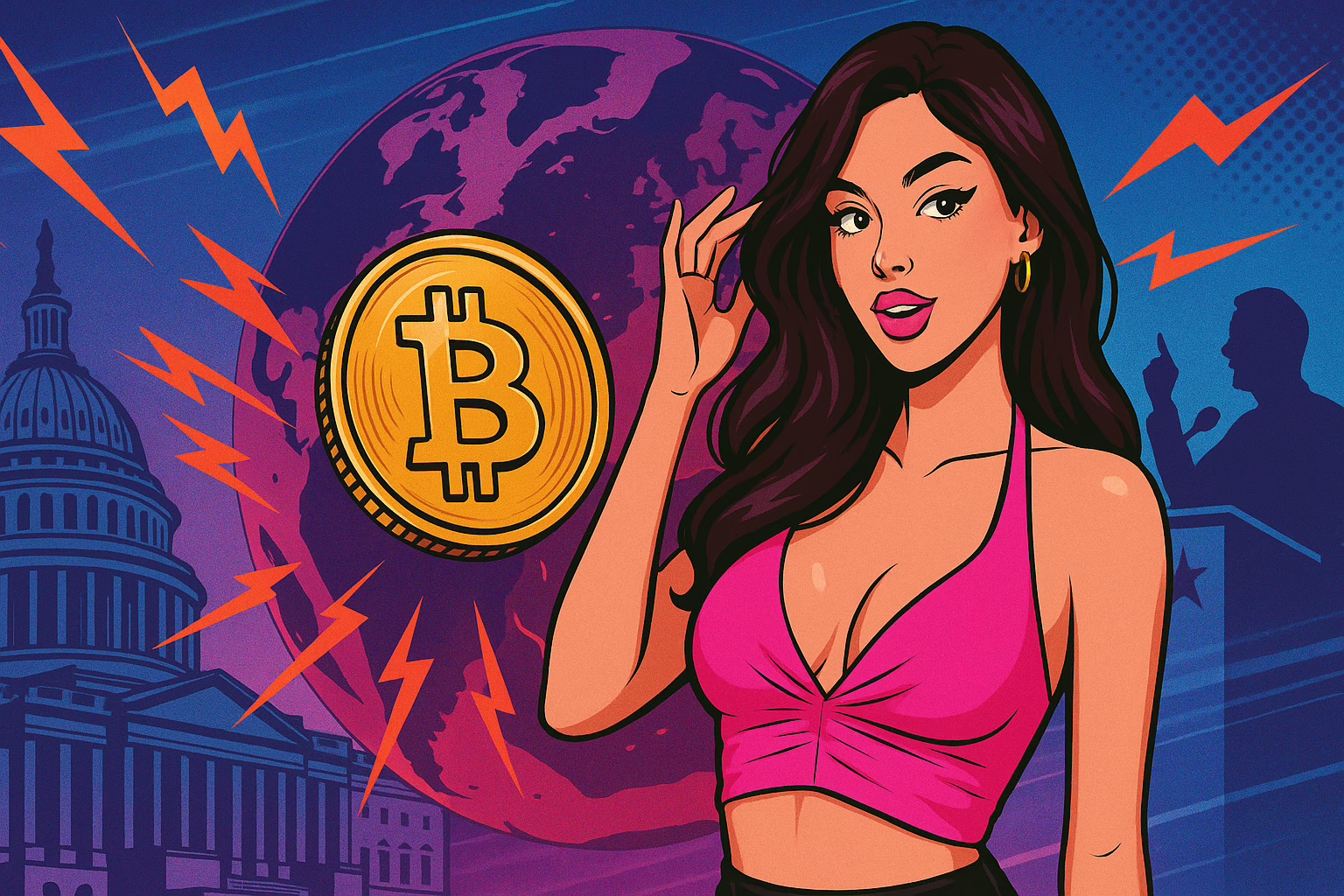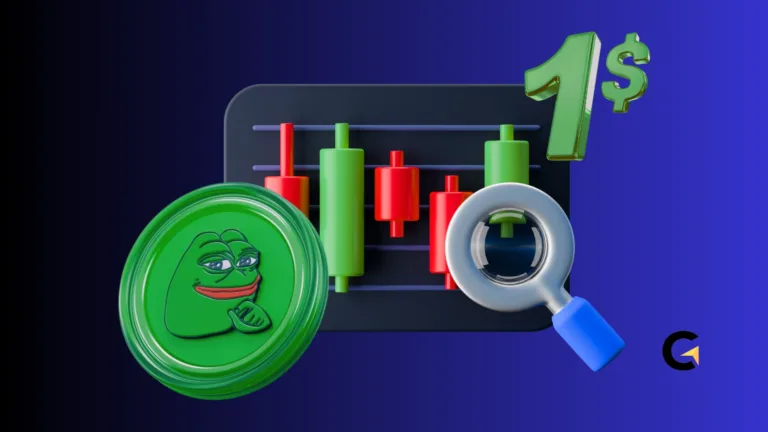Bitcoin vs. The World: 5 Political Moments That Sent Prices Wild
Bitcoin isn’t just about flashy tech terms and staring at candlestick charts. Behind all the volatility that gets your heart racing lies something bigger—stories of global chaos, political power moves, and even a small country going all-in on crypto.
Let’s break down five of the most impactful political events that seriously shook Bitcoin’s price.
Quick Facts You Need to Know
Hide-
Cyprus Crisis (March 2013): Bitcoin nearly doubled as people scrambled for safe assets.
-
China Bank Ban (Dec 2013): PBoC restricted crypto access, triggering a market dip.
-
China Mining Ban (May 2021): Shutdowns caused a sharp 30% price correction.
-
Russia-Ukraine Invasion (Feb 2022): Conflict drove wild swings—down 13%, then up 14.5%.
-
El Salvador Bitcoin Law (Sep 2021): Historic move, but kicked off with a 10% price drop.
Not just a timeline, but the full story: background, price data, and takeaways that’ll make you see Bitcoin in a whole new light.
1. Cyprus Crisis 2013: When Bank Accounts Were at Risk, Bitcoin Became a Lifeline
In March 2013, the world watched in disbelief as Cyprus—yes, the tiny Mediterranean country—announced an emergency bank tax plan.
The government froze withdrawals (a full-on bank holiday), and people freaked out, scrambling to protect their savings.
In just two weeks, Bitcoin on Mt. Gox soared from $47 to $88—a massive 87% jump. ABC News reported a peak around $72 on other platforms. Why the sudden surge?
Because Bitcoin was suddenly seen as a safe haven. When traditional banks looked shaky and savings weren’t safe, Bitcoin became the escape route.
This was the first time Bitcoin seriously entered the global conversation as “digital gold.”
Key takeaway: Bitcoin wasn’t just tech anymore—it became a protest, a symbol of rebellion against traditional finance.
2. China’s Bank Ban (2013): When the Crypto Giant Got Squeezed, Markets Shook
December 2013: The People’s Bank of China (PBoC) dropped a bomb—Chinese financial institutions were banned from dealing with Bitcoin. Not a full-blown ban, but enough to trigger global ripples.
At the time, China dominated Bitcoin trading volumes. So when the ban hit, Bitcoin’s price dropped over 15% in just a few days.
This was a wake-up call. Even though Bitcoin is decentralized, it still depends on the real-world financial system to thrive. Political power can absolutely shape who gets to access crypto.
Bigger picture: This event showed us how important institutional adoption is. Without support from the financial system, crypto growth can suffocate.
3. China’s Mining Ban (2021): One Policy, Global Shock
Fast-forward to May 2021: China took things up a notch. Not just trading restrictions, but a sweeping crackdown on Bitcoin mining.
The government ordered the shutdown of mining operations in major provinces like Sichuan, Xinjiang, and Inner Mongolia.
Why was this such a big deal? Because about 50% of the world’s Bitcoin hashrate (aka computational power) came from China. So when the plug was pulled, the ecosystem trembled.
Bitcoin’s price plunged over 30% within the first week. The hashrate tanked, transactions slowed, and panic set in.
Fun fact: While it caused short-term chaos, in the long run, it made Bitcoin stronger. Mining spread out across the globe—think U.S., Kazakhstan, and other countries—which made the network more resilient.
4. Russia Invades Ukraine (2022): Geopolitical Chaos Meets Digital Currency
On February 24, 2022, Russia officially invaded Ukraine—and the world held its breath. Bitcoin’s price nosedived from $39,000 to under $34,000—about a 13% drop in just days.
But one week later? It bounced back +14.5%.
The initial crash was classic investor panic. But as banking systems in Ukraine and Russia faltered, people turned to Bitcoin—to send aid, store value, or simply survive financially.
The wild price swings were a direct response to a modern war where digital currency became part of the frontline.
Lesson learned: Bitcoin responds to crisis fast. Sometimes it tanks. Sometimes it becomes a tool for survival.
5. El Salvador Legalizes Bitcoin (2021): A Country’s Bold Bet
September 7, 2021: El Salvador made history by becoming the first country to make Bitcoin legal tender. But on launch day? Bitcoin’s price dropped 10%.
Why the dip? Classic case of “buy the rumor, sell the news.” Plus, people were skeptical. Many citizens didn’t understand crypto, the official Bitcoin wallet app (Chivo) had bugs, and the country’s infrastructure wasn’t ready.
Still, this move was historic. For the first time, Bitcoin wasn’t just held or traded—it was accepted like a real currency.
Long-term impact: Despite the initial dip, this opened the door for serious talks about crypto legitimacy and a new financial future that’s more inclusive.
Quick Recap: Political Events That Moved the Bitcoin Needle
| Event | Date | Bitcoin Price Impact |
|---|---|---|
| Cyprus Banking Crisis | March 2013 | +87% (from $47 to $88) |
| China’s Bank Ban | December 2013 | –15% |
| China’s Mining Crackdown | May 2021 | –30% |
| Russia Invades Ukraine | Feb 2022 | –13%, followed by +14.5% rebound |
| El Salvador Legalizes Bitcoin | Sep 7, 2021 | –10% |
Sources: CNN, ABC, CoinDesk, Wikipedia, and market reports.
The Big Picture: Bitcoin Mirrors the Real World
If there’s one thing these events prove, it’s this: Bitcoin isn’t immune to politics. From financial meltdowns to wars and bold national experiments, crypto is always in the thick of it.
For investors, here’s the bottom line: understanding Bitcoin means more than watching charts. You need to keep up with global events. One political move can send prices flying—or crashing.
And if you’re new to the crypto space? These stories show you how deeply connected money, trust, and power are.
In the age of digital everything, Bitcoin might just be the currency of choice for navigating an uncertain world.
Frequently Asked Questions (FAQs)
Does Bitcoin always react to political events?
Not always. It depends on how big the event is, market liquidity, and how investors perceive the risk.
How can I protect my assets during political turmoil?
Diversify your portfolio, use stop-loss orders, and stay updated with global news.
Does official adoption (like El Salvador) help long-term prices?
It can—if the rollout is solid and the public embraces it. Tech issues or low adoption can dull the impact.
Why is China so tough on crypto?
Concerns over capital flight, financial stability, and environmental impacts of mining drive their policies.
How can retail investors make use of political volatility?
Think short-term trades, hedging strategies, or buying dips if you believe in the long-term vision.







